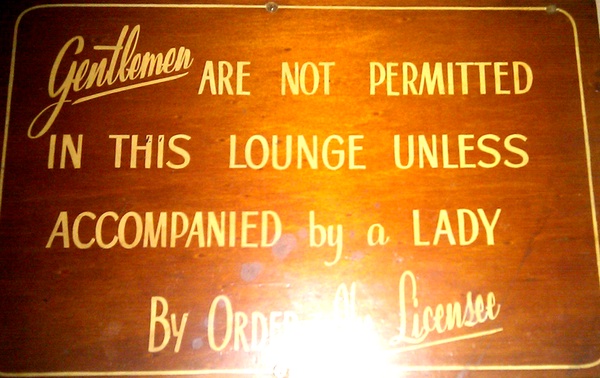 On Thursday 9 August I had the very great pleasure of discussing the regulation of social media with the ABC’s Waleed Aly.
On Thursday 9 August I had the very great pleasure of discussing the regulation of social media with the ABC’s Waleed Aly.
As I’ve been writing these catch-up posts today, I’ve become aware that there’s been quite a bit of media commentary on this topic lately. People are seeing Bad Things happening online and want to Make It Stop.
Even my own small media involvement has seen this topic come up, since the beginning of July, at Crikey, ABC Local Radio, Balls Radio and probably elsewhere. It almost makes me want to use Gerry Anderson’s special machine.
Actually it’s all been fun. But what makes this conversation stand out is that Mr Aly is a bloody intelligent bloke, witty and incisive all at once. As just one example, here’s the observation with which he ended the interview.
Anyone who wanted to have the power to read people’s minds, I think, has the internet and now realises that power might be something more of a curse.
While the conversation took as its starting-point the outrage over the discovery of a Facebook page full of offensive jokes about Aboriginal people, we also talk about Facebook’s inconsistency in enforcing their own rules, and I call for Stephen Fry’s program QI to be taken off television.
ABC Radio has posted their version of the audio at Regulating social media, where for some reason they fail to mention my involvement. Here’s mine.
Both versions start off with a brief interview with Australia’s Race Discrimination Commissioner, Helen Szoke. My interview starts at around 6 minutes 40 seconds.
Podcast: Play in new window | Download (7.1MB)
The audio is of course ©2012 Australian Broadcasting Corporation.

